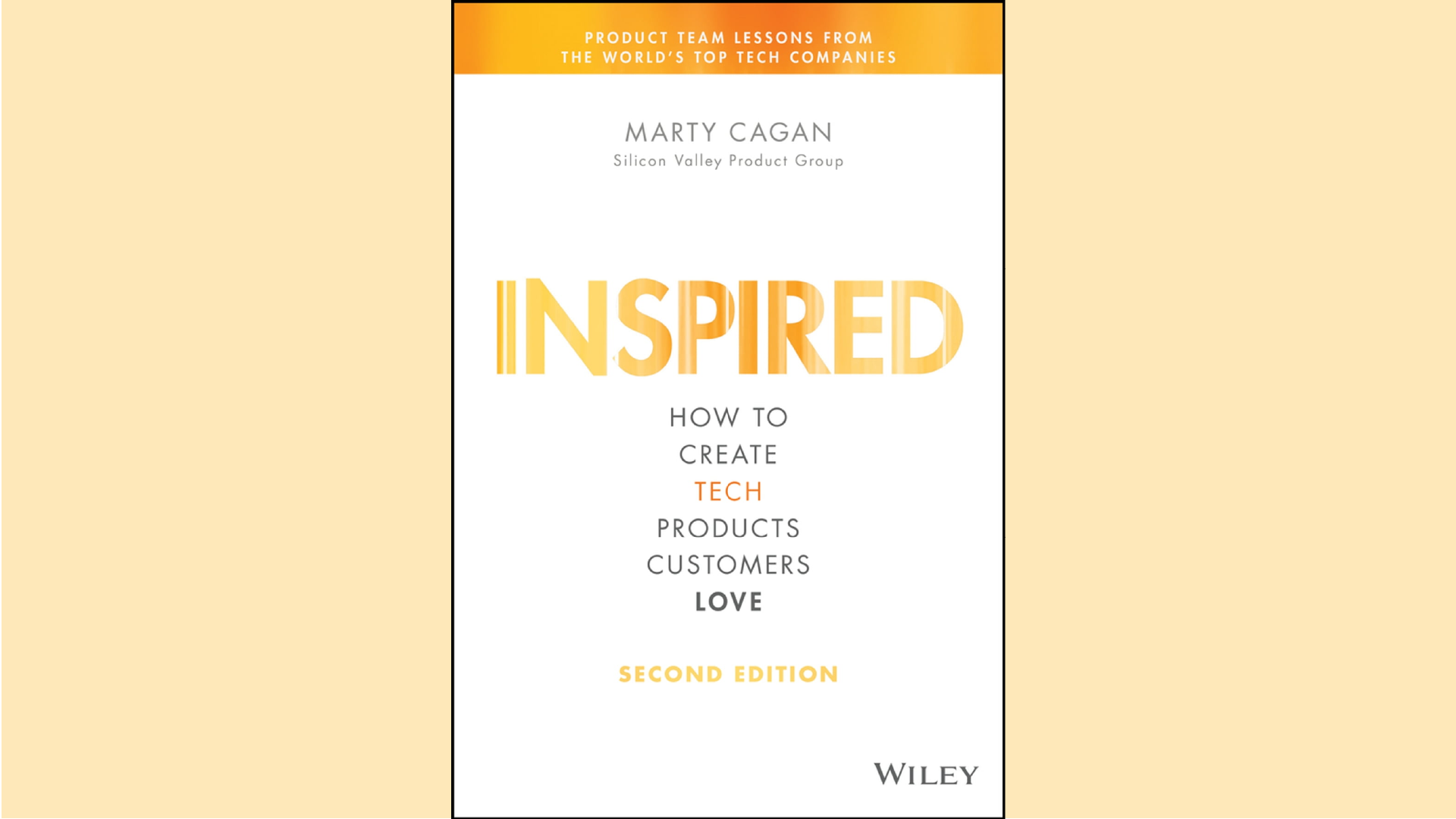Summary: Inspired: How To Create Products Customers Love by Marty Cagan

Are you an entrepreneur on a mission to create products that customers love? If so, you're in for a treat! In this blog post, we will dive into the insights and wisdom shared by Marty Cagan in his influential book, "Inspired: How To Create Products Customers Love." Whether you're a seasoned entrepreneur or just starting, these practical lessons, combined with real-world examples and quotes from the author, will help you supercharge your product development journey.
1. Putting the Customer at the Heart of Your Product
Marty Cagan's mantra is clear: success begins with understanding and prioritizing customer needs. He says, "Start by getting inside your customer's head. Understand their problems and goals better than they do." This means listening actively, conducting user research, and empathizing with your target audience. A shining example of this approach is Apple. Steve Jobs, Apple's co-founder, was known for his obsession with creating products that customers didn't even know they wanted until they had them. He famously said, "You've got to start with the customer experience and work backward to the technology."
2. The Role of a Product Manager
Cagan emphasizes the pivotal role of a product manager in driving product strategy. He states, "The best product managers are the CEOs of their products." An example of this can be found in the story of Airbnb. Airbnb's product managers played a crucial role in transforming the company from a struggling startup into a global travel giant. By understanding customer pain points and constantly iterating on the platform, Airbnb improved the user experience and expanded its reach.
3. Embrace Lean Product Development
The lean product development approach isn't just theory—it's been successfully implemented by companies like Dropbox. Dropbox's co-founder, Drew Houston, echoed Cagan's philosophy when he said, "Don't worry about failure; you only have to be right once." Dropbox started with a simple MVP—a file-sharing tool—and grew based on user feedback and needs. This lean approach allowed Dropbox to scale rapidly and become a household name in cloud storage.
4. The Power of Cross-Functional Teams
One of the most famous examples of cross-functional collaboration is SpaceX. Elon Musk's rocket company brings together engineers, scientists, and experts from various fields to achieve ambitious goals. Musk has emphasized the importance of collaboration, stating, "If you're trying to create a company, it's like baking a cake. You have to have all the ingredients in the right proportion." This collaboration has led to groundbreaking innovations in space travel and rocket technology.
5. Validating Ideas is Key
Netflix is a prime example of a company that constantly validates its ideas. Reed Hastings, the co-founder and CEO, once said, "Our hit ratio is way too high right now. I'm always pushing the content team: We have to take more risk, you have to try more crazy things. Because we should have a higher cancel rate overall." Netflix uses data analytics to understand what its viewers are watching and what they want. This data-driven approach has enabled Netflix to produce hit shows and movies that resonate with its audience.
6. Cultivating a Strong Product Culture
Amazon is a prime example of a company that has cultivated a strong product culture. Jeff Bezos, Amazon's founder, is known for his relentless focus on customer satisfaction and long-term thinking. Bezos famously said, "We see our customers as invited guests to a party, and we are the hosts. It's our job every day to make every important aspect of the customer experience a little bit better." This culture has driven Amazon's success in delivering customer-centric products and services.
7. Data-Driven Decision Making
Facebook (now Meta) is a company that exemplifies the power of data-driven decision-making. Mark Zuckerberg and his team continuously use data and metrics to refine and optimize the platform. Zuckerberg has emphasized the importance of data, stating, "In a world that's changing quickly, the only strategy that is guaranteed to fail is not taking risks." This approach has allowed Facebook to adapt to changing user behaviors and remain a dominant force in social media.
Conclusion
Marty Cagan's "Inspired" is a treasure trove of insights for entrepreneurs looking to create products that customers love. Adopting a customer-centric approach, embracing lean product development, and cultivating a solid product culture can set your venture on a path to success, just as these famous examples have done.
So, entrepreneurs, take these lessons to heart and let "Inspired" guide your path to product development excellence. Your journey to creating products customers love begins now, and with the right strategies, examples, and quotes from the author in mind, you can pave the way for your success!
